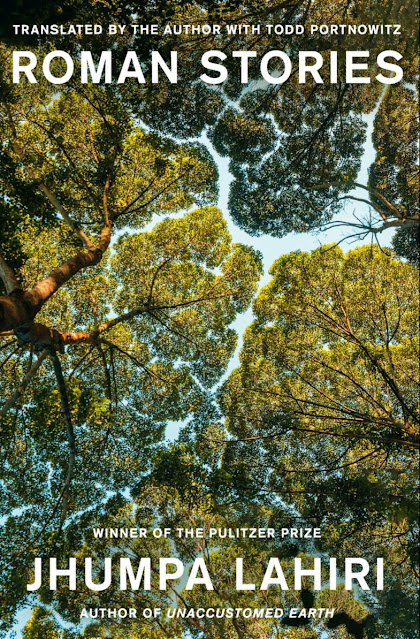Irish Short Story Month - XIII
I first observed Irish Short Story in March 2011. Irish Literature and history is an important aspect of The Reading Life.
I first encountered the work of Brian Kirk in March 2013, during ISSM III. One of the reasons I have continued on with ISSM for eleven years is to provide me with the motivation to keep reading writers as supremely talented and perceptive as Brian Kirk, watching them develop, expand and keep up the grand tradition of the Irish Short Story. I posted on two short stories by Brian Kirk in 2013 and with the post you are now reading have posted on two of his short stories in 2018.
We also did a very wide ranging Q and A session in 2013. (There are now four links to stories by Kirk in posts on his work on my blog, all of which I strongly recommend to lovers of the form.)
"Fictive Dreams" can be read at
www.briankirkwriter.com
"Fictive Dreams", told in the first person, relays the late teenage years of an aspiring young poet. He is from a large family with numerous siblings, none at all a bit orienteering toward literary or intellectual pursuits. He lives a brief train ride from Dublin, the Emerald City of young Irish poets. After high-school as his parents cannot afford college, he gets a job working on a farm.
He has a mentor, a middle-aged aged gay man who sees himself riding to success as a literary agent on the young man's already one highly regarded poem.
I do not want to divulge much of the intriguing plot. I will share the opening of the story in order to convey a sense of the elegance of the work.
"There were times when I wished I was an only child. Sometimes I thought that if my parents were to die suddenly, in a freak accident or by some mysterious but swift illness, I would not grieve too sorely for them. I loved them both, of course, but at the same time I yearned for the certain changes, the endless possibilities, their deaths would surely bring.
I come from a big family, but worse, I am the youngest, the baby, the runt of the litter. I can never decide which of these pithy descriptions I like least. In the first case, even now as a young man, I am immediately infantilized, and in the second derided as being physically weak – which I must admit I am relative to many of my peers.
Even before my English teacher, Mr. McIntosh, singled me out for praise, I sensed I was different. My mother had always doted on me, her youngest, and gave me to think I was special, in a way that was always unspecified. But, at the same time, I was equally alive to my limitations, acutely aware of the possibility that I might be just another nobody. For this reason I sought to create the special person that I felt must surely live within me by altering my external appearance, and in so doing I became strange in the eyes of my family, my friends, my peers and the whole town.
The town was part of the problem. It encompasses the geographical site of the houses, shops and streets that make it up, but it also includes the surrounding town lands, the houses and farms, and more particularly all of the people who reside therein. It’s not that I disliked the town, but I savoured each moment I spent away from it. When I finished school I began to make regular trips to Dublin on the train and I relished those journeys."
His website has a detailed biography and links to this and other of his stories
http://briankirkwriter.com
I hope to follow the work of Brian Kirk for many years.
Mel Ulm
The Reading Life






















